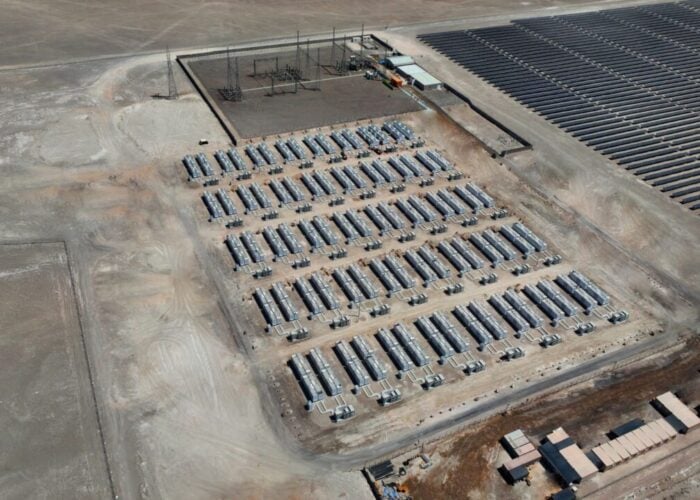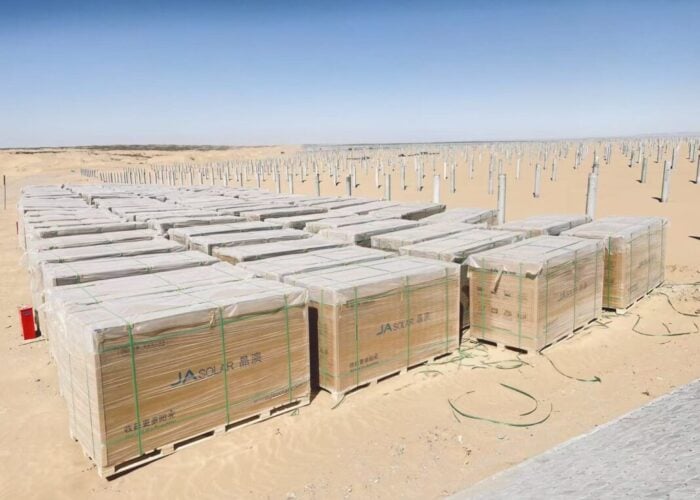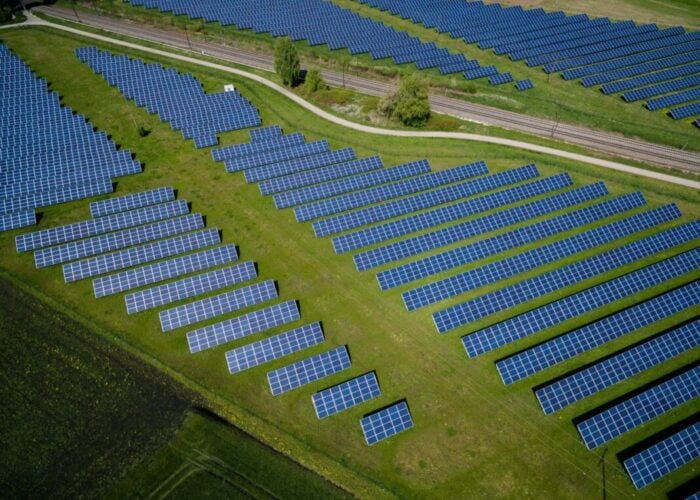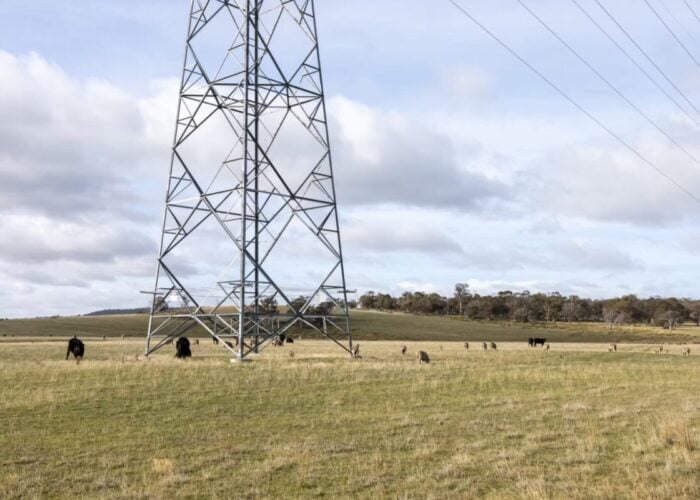What is claimed to be Europe’s first PV system to use robotic trackers to follow the sun’s path has been completed and connected at a community college in Northern Ireland.
UK-based PV project developer Castillium has connected the 48kW project at South West College, in Enniskillen, Northern Ireland. It will supply power to the CREST (Centre for Renewable Energy & Sustainable Technology) Passive Pavilion and, following a deal announced in January this year, has been equipped with robotic tracking made by US start-up QBotix. The system is designed to meet the entire annual energy demand of the building, making CREST Passive Pavilion carbon neutral.
Unlock unlimited access for 12 whole months of distinctive global analysis
Photovoltaics International is now included.
- Regular insight and analysis of the industry’s biggest developments
- In-depth interviews with the industry’s leading figures
- Unlimited digital access to the PV Tech Power journal catalogue
- Unlimited digital access to the Photovoltaics International journal catalogue
- Access to more than 1,000 technical papers
- Discounts on Solar Media’s portfolio of events, in-person and virtual
Or continue reading this article for free
The robotic tracking system travels on rails between the system’s photovoltaic (PV) panels, in theory capturing the maximum available solar irradiation throughout the day. According to Castillium, the system has already drawn interest from other countries including Australia.
CREST Passive Pavilion, meanwhile, we be used to provide industry and research and development (RnD) testing facilities for renewable energy products and technologies. Small companies in the region with new products but without the means to put them through rigorous testing will be able to use the CREST facilities.
Castillium’s UK deal with QBotix covers 45MW of PV projects in total, with QBotix claiming that its tracking systems can increase performance by up to 40% over existing fixed mount systems and lower the levelised cost of electricity (LCOE) by up to 20%. The systems use autonomous robots, which travel on a track and adjust each mounting system to optimally face the sun in succession, which replaces conventional tracker technology use of multiple individual motors and controllers. The chief executive officer of mounting systems company, Zep Solar, left to head up QBotix in September. While the 45MW deal with Castillium remains QBotix's biggest deal on the table to date, the company also announced further deals at Intersolar North America this year.







